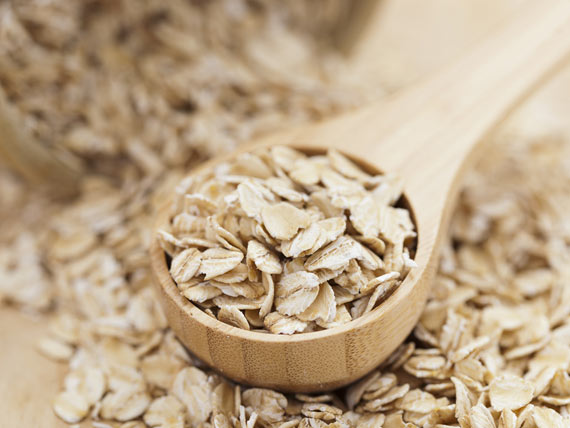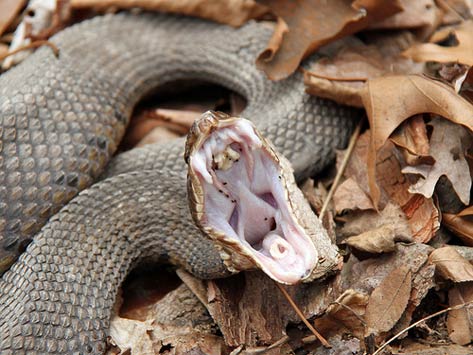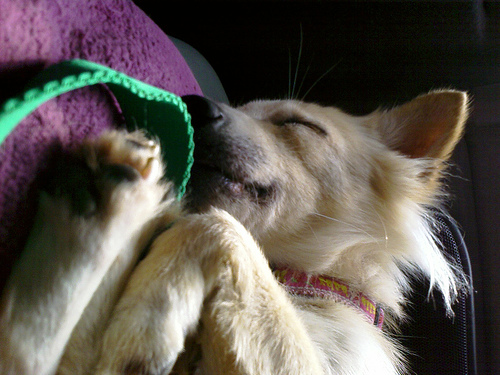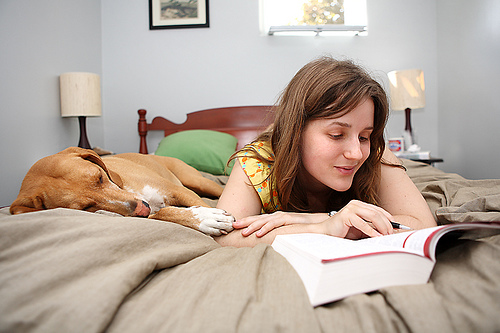

By Randy Kidd, DVM, PhD
Oats are always at the top of my list of recommended herbs. More formally known as Avena sativa, inexpensive and readily available oats have a long list of benefits, from simply nutritional to curative for many conditions. It's not surprising that oats have a long history of adding to our animal's health, as well as our own, whether taken internally or applied directly to the skin.
Here are some benefits of oats that you should know about and just a few of the reasons why I like to recommend them:
Nutritive - Simply put, oats are nutritious, being naturally high in "good" nutrients and low in "bad" ones.
Oats are high in:
Oats are low in:
Nervine - Oats are considered a nervine, an herbal compound that acts as a general nerve tonic, calming the nerves when necessary, stimulating their activity when needed. Oats are used for treating a variety of nervous disorders.
Herbal - Oats benefit several body organs and systems, including: skin, nervous system, stomach, spleen, lungs, and the urinary and reproductive systems. Herbal qualities of oats include:
Antitumor - Oats contains the antitumor compound b-sitosterol.
Digestive - Acting as a digestive aid to calm the intestinal tract.
Hormonal - Used to achieve hormonal balance. Also used as a uterine tonic.
Oats are also cholesterol lowering and reportedly good for treating a wide variety of diseases in humans and animals, including: inflammatory conditions, mental or physical exhaustion, depression, dyspepsia, insomnia, fevers, sexual dysfunctions and as a tonic during menopause or after parturition.
Oats can also be beneficial when applied externally (topically). Remember that an animal's skin is its largest organ, and there is an active absorption of many substances, thus adding whole-body benefits from external applications of oats. These unique health benefits of oats in grooming can include:
Here are some tips on how to use oats topically:
Shampoos - Natural oatmeal shampoos are readily available, and many have added healing herbs. These shampoos are generally mild, calming, anti-itch, anti-inflammatory, and healing for the skin.
You can make your own oatmeal shampoo, too. It's nothing more than a colloidal suspension of oats, after they've been soaked in water, with something added to cleanse the pet's hair and skin and perhaps something else added to moisturize and/or treat the skin.
Soak - For more anti-itch and anti-inflammatory actions, consider a soak. Commercial soaks are available or, again, you can make your own.
Put a handful of oatmeal in a nylon sock and attach the sock over the bathtub tap. Fill the tub to desired level with water filtered through the oats. Let the pet soak in the tub for 15 to 20 minutes (or for however long they will sit still). Rinse well and dry. Remember, pets prefer tepid water, and cannot tolerate really hot baths.
Dry "Shampoo" - to help dry oily-itchy skin. Roast some ground or rolled oats until slightly browned. When they have cooled to room temperature, work them into the pet's hair so they come into contact with the skin. Let stand for about 15-30 minutes, then comb out. Try this on a small area first, as some hair coats don't lend themselves well to this type of application.
Oat Poultice - For "hot spots" or other localized skin irritations, make a slurry of ground oats and water, wrap the slurry in cheese cloth or a tea bag (available from health food stores). Or, soak a clean washcloth in the mixture, and apply as a poultice directly to the affected area. Leave on for 15 minutes or so (or as long as the pet will tolerate it). Repeat several times a day.
Healing herbs such as calendula, chamomile, or lavender can be added to the original mixture to further enhance healing.
Here are more tips on other ways to use oats for better pet health:
Oat Tea - Use about a tablespoon of organic oats, steep for 15-20 minutes in a cup of hot water. Pour enough of the tea over the pet's food to moisten it. Use several times a week for its beneficial effects on the nervous and intestinal systems.
Oatmeal for Breakfast - Increase fiber intake and make use of oat's medicinal qualities by mixing cooked oatmeal into pet food several times a week. Start out with small amounts and increase to about a tablespoonful or so for every 10-20 pounds of animal.
Grow Your Own Crop - Oats are easy to grow, indoors or out. Simply stick some organic seeds in the ground (in a pot or tray if growing them indoors), add water and sunlight, and wait a few weeks until the stems are a couple of inches tall. Let your pet eat from the crop, or harvest with scissors and mix the cut leaves into his food. Oat sprouts are also easy to grow, and some critters like them better than grasses. Oats are sometimes marketed, while in seed form, as "Cat Grass", grown and fed to cats as a treats or as an aid to digestion.
Medicinal Oats - Tinctures, capsules containing oats and other forms of "medicinal" oats (Avena sativa) can be used for a variety of conditions. Check with your holistic vet for proper uses and dosages.
Flower Essences - Wild oats, a different species of oats from the cultivated ones, is a remedy used to help restore direction and nervous energies.
Homeopathic - Avena sativa is a minor remedy that may be indicated for the animal suffering from nervous exhaustion, sexual debility, or nervous tremors. Check with your homeopathic practitioner for more on how oats are used in homeopathy for pets.
Well, those are some of the amazing properties that nature gives us in oats. You'll want to use organically grown (wild) oats, whether for dietary or topical use, as the nutritive values of organically grown oats are much higher than commercially produced crops, and you don't run the potential risk of pesticide or herbicide residue. Plus, organic farming methods are good for the environment.
 Disadvantages And Advantages Of Dog Boarding Solutions Online
When you possess a pet dog, each day could feel like a vaca
Disadvantages And Advantages Of Dog Boarding Solutions Online
When you possess a pet dog, each day could feel like a vaca
 Best Natural Foods for Puppies: What to Look For
By Diana Bocco
More and more pet parents are looki
Best Natural Foods for Puppies: What to Look For
By Diana Bocco
More and more pet parents are looki
 Snake Bites And Dogs
Venomous Snakes and Dogs
By T.J. Dunn, Jr.
Snake Bites And Dogs
Venomous Snakes and Dogs
By T.J. Dunn, Jr.
 Anesthetics: What Are They and How Do They Help Your Pet
By T. J. Dunn, Jr., DVM
The perfect
Anesthetics: What Are They and How Do They Help Your Pet
By T. J. Dunn, Jr., DVM
The perfect
 Thank You, Annie ... A Letter from an Old Furry Friend
By T. J. Dunn, Jr., DVM
Many people who ha
Thank You, Annie ... A Letter from an Old Furry Friend
By T. J. Dunn, Jr., DVM
Many people who ha
Copyright © 2005-2016 Pet Information All Rights Reserved
Contact us: www162date@outlook.com